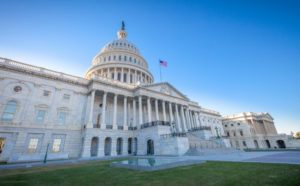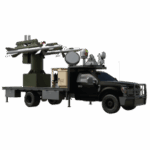
The National Security Commission on Artificial Intelligence (NSCAI) is urging Congress to retain provisions in the final version of the next defense policy bill to establish a new committee with Pentagon and Intelligence Community officials to guide AI development priorities, as well as bolstering resources for AI research at universities. NSCAI is also set to deliver its next round of policy recommendations in October, with plans to deliver its final report to Congress and the White House in March 2021.…

 By
By 











